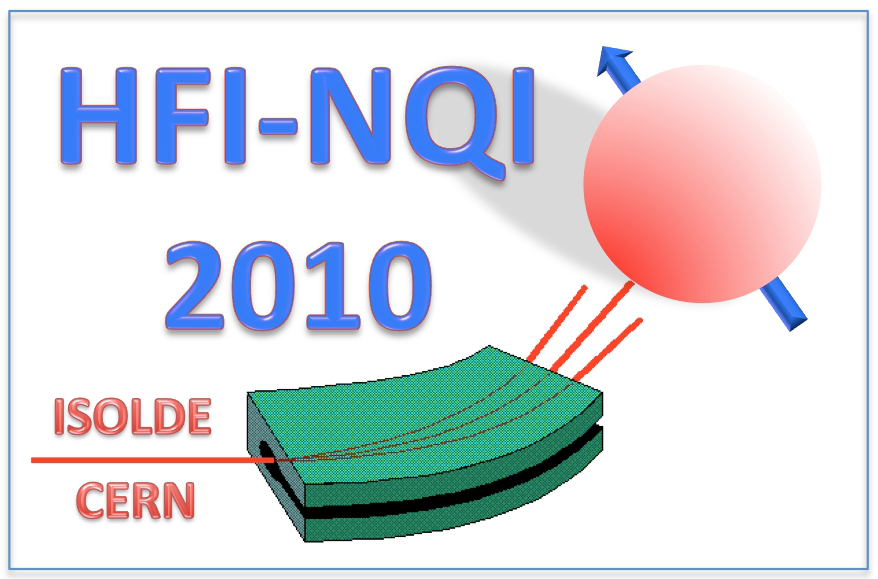Speaker
Description
Summary
Highly frustrated magnetic systems (HFMS) are characterised by exotic ground states which include unconventional magnetic orders, spin liquids, spin glasses, spin ices,... The muon spin rotation and relaxation (µSR) techniques are well known for their ability to detect magnetic phase transitions and for their sensitivity to spin dynamics over a broad time window. They are therefore ideally suited for the study of HFMS.
We shall show that µSR reveal features which are specific to HFMS such as the ubiquitous spin dynamics which are observed for temperatures approaching the absolute zero. While these dynamics are not unexpected in systems with large ground state degeneracy, they are much more surprising in HFMS with a long-range magnetic order.
The interplay between static and dynamic properties results in completely unexpected responses in µSR experiments. In some case, an interpretation of these experiments following conventional practice even leads to flawed conclusions. This has been the motivation for a deeper insight into the fate of µSR measurements, which has led in turn to unravel some characteristics of the HFMS.
The paper will be illustrated by examples taken from µSR investigations on geometrically frustrated magnets with a structure based on triangles or tetrahedra. When relevant, they will be discussed in the light of results obtained by other microscopic techniques.
| Are you a student, a delegate from developing countries or a participant with physical needs and would like to apply for a sponsored accomodation. Please answer with yes or no. | no |
|---|---|
| Please specify whether you would prefer an oral or poster contribution. | oral |
